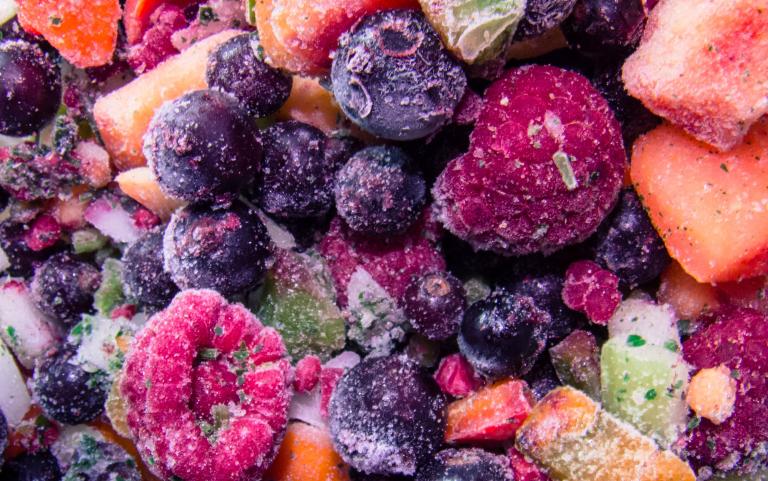Happy. Healthy. Southie.
Supportive and non-judgmental advice from SBCHC's health experts.
Fruits and Veggies that Won’t Break the Bank!
By: Alyssa Principe
Most of us know that eating fruits and vegetables is good for us. It can do anything from reduce the risk of diseases like diabetes to help prevent the common cold. A healthy diet can work wonders! Many of my patients express concern over the cost associated with adding more fruits and vegetables to their diets. The truth is, it can be expensive, but it doesn’t have to be! By following a few tips and tricks, you can stretch your dollar and put healthier food in your fridge.
Don’t Be Afraid to Buy Frozen and Canned
The frozen section of the store is stocked with a huge variety of fruits and vegetables. Frozen produce not only holds its nutritional value longer but also tends to be less expensive than fresh options! Avoid those that come in sauces and read the ingredients to ensure there are no added sugars or salt.
Just remember frozen vegetables mean extra moisture when cooking. If a dish can handle the extra liquid (like soup) then add the frozen vegetable right to the dish. If you don’t want the extra moisture, thaw the vegetable first, pat dry, then cook.
Canned goods can be even cheaper! Choose those labeled no added salt or low-salt versions and without added sugars or syrups. Alway rinse your canned goods before use.
My favorite way to cook frozen or canned vegetables is by roasting them. This adds flavor and avoids the mushy texture that can happen when they are microwaved or boiled. To roast vegetables: stick a baking sheet in the oven with a drizzle of oil while it preheats. In a bowl toss the vegetables with a bit more oil, season with salt & pepper, then throw them onto the heated pan and bake at high temperature until they are brown. Mix it up with any variety of spices & herbs for varying flavors!
Whether it is soups, omelets, smoothies or tacos, buying frozen or canned items means that you control the portions and flavors! Plus, you can use this produce for up to 8 months.
Store Food Properly
Knowing how to store your produce will ensure that it lasts – and that you aren’t wasting your money. Items like bananas, tomatoes, onions, and potatoes can be stored in a cool, dry place out of the refrigerator. Make sure that other produce is dry before storing them in the fridge to help prevent mold. Wash produce as you use it and know that fruits stored outside of the refrigerator will ripen quicker!
Use Your Resources! Here in Boston, organizations like Fair Foods offer 12 lb bags of produce for $2 each and the Fresh Truck brings its mobile market to neighborhoods weekly. The Daily Table in Dorchester sells affordable items including healthy, prepared meals. Don’t forget we have a food pantry available for patients here at SBCHC!
No matter the type you choose, work towards adding more fruits and vegetables into your diet one meal at a time. You’ll be happy you did in the long run!
By: Heather Zeman and Alyssa Principe, MS, RD, LDN
Want to know more about cooking and nutrition? Check out one of Alyssa’s Health Habits Support Groups or make an appointment to see her today by calling your SBCHC Primary Care Provider!
